Chapter XI: The Maiden’s Prophecy
The sun rose brightly one morning three days later, its feeble rays doing little to warm the chill fall air surrounding us like the clammy hand of death. We were encamped almost four miles inland, in the plains below the citadel of Dunscaith, our blankets spread in the grass of the meadow. A pastoral, almost idyllic scene, broken only by the grim knowledge of why we had come to Skye. Father Colin read from the words of the psalmist at mass, translating Latin into English for the edification of the clansmen.
He maketh me to lie down in green pastures: He leadeth me beside the still waters. He restoreth my soul: He leaded me in paths of righteousness for His name’s sake. Yea, though I walk through the valley of the shadow of death, I will fear no evil: for Thou art with me. . .
Yet there in those green pastures, I feared evil—and I knew not why. Perhaps it was Marion’s vision, still churning through my own mind. Perhaps it was what I knew of Duncan, of his deeds in the past. Perhaps it was the perfidy of the Norsemen, of whom we had still seen no sign.
About the third hour, a rider came galloping back into camp, his mount covered in foam, breathless from the extertion.
“The MacLeods are approaching—they are sallying forth from Dunscaith. Prepare for battle!”
Alarmed by his shouts, our clansmen broke camp, strapping on sword and buckler, dousing the flickering remnants of the morning’s fire.
Chaos. Confusion as men scrambled back and forth, forming into rude battle lines out on the plain, Duncan moving hither and yon on his horse, dressing our ranks. The sun’s rays peeked over the ridgeline to our east, silhouetting the advancing host of the MacLeods. Their clansmen covered the ground, their green tartans against the heather, as many as the sands of the sea in number. I felt a chill run down my spine—surely we could never stand against so many.
At length, apparently having decided he could do no more, Duncan rode back to join his bodyguards, dismounting and handing his steed to a young page, who took it back to the encampment. The only men remaining mounted were a light contingent of Border Horse, scarce fourteen in number, posted on the left to harass the enemy’s flank.
I took my place in line, the clansmen from my village anchoring the right flank of our ragged line. I hefted my sword in my hand, wishing for the broadsword I had found as a boy. I had never used it in battle, but of a surety it was better than this.
A man rode out from amongst the MacLeod’s, holding a white vesture affixed to a crooked wooden pole.
“Duncan!” he called, his voice thundering across the meadows as he rode close to our lines, protected by the flag of truce. “I am Brian, Brian MacCreild, proud servant of Torcall MacLeod, defender of our faith and scourge of the Norsemen. Why have you come out to meet us with staves and with swords, we who should be brothers?”
Only silence met his query, hostile, mocking silence.
“Why? Hast thou forgotten that scarce six years ago the clans united to throw off the chains of Haakon, to free Scotland from her oppressors? The warriors of Duncan were accounted valiant in the fray, lions among men! Cometh thou now to us bearing the Norsemen’s sword, fighting their battles for them? Cometh now Duncan as a dog, trained to do his master’s bidding? Yea, this is naught but folly, my brother.”
And this time he received a response.
“I have no dealings with Torcall MacLeod,” Duncan replied, striding proudly to the front of our lines, “nor with those who boast themselves of being his servants. The only present have I to give is the edge of the sword, the only reward a hero’s death. As for your offer of brotherhood, I would see you at the devil first!”
With a curse, MacCreild flung down his banner and cantered back to his waiting forces. Duncan gave a crisp, barked order to our archers, strung out along the front of our line, and then faded back to join his bodyguards, the picked men of the clan.
And on the MacLeods came—their leaders urging them forward. Our archers waited for them to come into range, every muscle tensed for the moment.
Then it came.
Missiles shot forth from a full threescore bows, arrowy death speeding across the open plain, finding their mark, splashes of red across the MacLeod line. Death among the heather.
The MacLeods stopped, halted in their advance by our barrage, bringing their own archers to the forefront. Moments passed, then their own shafts began to fall among our ranks.
A cry here, a muffled groan, a shriek of agony, the signals of an all too soon-approaching death. A death that could be mine.
Finbar stirred restlessly at my side, his knuckles clenched white around the hilt of his claymore, unease in his eyes.
The arrows flew thick and fast, our archers dying outnumbered as we waited for the order to charge.
The order seemed like it would never come, but at long last it did, Duncan’s clear, bold voice rising above the chaos. “Onward my sons! Victory or Death awaits us! Onward!”
I had heard our battle-cry before, I would hear it again. Never had it been the harbinger of glory—not for me, at the very least. Rather that cry had been the midwife of sorrow and death. Victory? Perhaps. . .
We ran on, our feet drumming the knell of death against the flowering heather. Brian’s bowmen fell back at our approach, retreating to the shelter of their own lines.
The clansmen of Brian MacCreild surged forward suddenly, charging out to meet us. A frightening host. The lines collided with a palpable shock, men thrown to the ground and trampled in the onrush. Blade rang against blade, spear meeting shield, the agonized cries of men in their death throes rising above it all.
We were born back by their rush, pressed by the weight of their numbers and their steel. They were big men, the chosen of the clan, outfitted with mail and steel caps, swords long as the ancient blade I had discovered in the field. Swords fit for a king.
Behind us, our archers continued to ply their bows, their messengers of death falling swiftly amongst the enemy.
Finbar fought at my side, his tartan spattered with blood. My blade glanced off a nobleman’s mail, sliding downward and falling upon his thigh.
He screamed and clutched at his bloody leg, stumbling forward. I dispatched him with another blow to the neck. He fell backward, his blood crimsoning the grass, his sightless eyes gazing upward into heaven.
More clansmen arrived at our side as Duncan committed our reserves, but it was not enough. Nothing was going to be enough.
Our men were falling fast, their corpses lying in heaps, dying where they stood. Where heroes fall. . .
Fire seemed to run through my veins, a blade scraping across my ribs. I bellowed like a wounded animal, turning to confront my attacker. My sword sliced through the air, ringing against his own. The fury of my attack forced him back, beating down his guard. His doom was sealed.
I ran him through the belly, jerking my sword from his warm flesh as he sagged forward, his head pillowed against the heather.
It could not last. The MacLeods were surrounding us, forcing us to give ground. Duncan’s bodyguards arrived to shore up our line, our final reserves committed as the archers charged, axes in hand against the unbreakable MacLeod line.
Finbar fought like a man possessed, his sword hacking down many a foe. The ground around us was covered with dead, so that a man could not have walked without touching them.
I was beside him when it happened. One minute he was upon his feet, his sword clearing a path before him. The next minute the shaft of an arrow protruded from his breast. I saw his fingers clutch helplessly at the arrow, as though seeking to wrench it from his flesh, a strangled cry rising from his throat as he crumpled forward, struck down by a MacLeod bow.
I knelt beside his lifeless body, rolling the corpse over on its back, Finbar’s eyes gazing sightlessly into my own. Tears rolled down my cheeks, mingling with his blood. ‘Tis true, I had lost a rival, but that was gone now. Death knows no rivalry—only the memories of a lost friendship.
We will both lose a friend. . . The words of the maiden’s prophecy floating back through my mind. The first part of Marion’s vision had come true. As for the rest. . .
I rose just in time to beat off a MacLeod sword descending toward my head. We were being forced back across the plain, escape seeming now to be our only hope, leaving our dead and wounded behind.
Just then a cry went up, a lone horseman galloping into our midst, calling for Duncan. He was ragged and bleeding, his garments torn, his sword dulled with another’s blood.
The remnants of the Border Horse. What had happened?
He was calling for Duncan, but we all heard him, saw as he gesticulated backward, toward the hill where we had been encamped so long ago.
I looked, my eyes straining to descry what I wished not to see. Yet it was there. Enemy reinforcements coming over the crest of the hill.
Our last chance of escape had been cut off. We were all dead men now, our hope disappearing fast as the morning’s mist. He will die. You will be destroyed.
The prophecy. . .



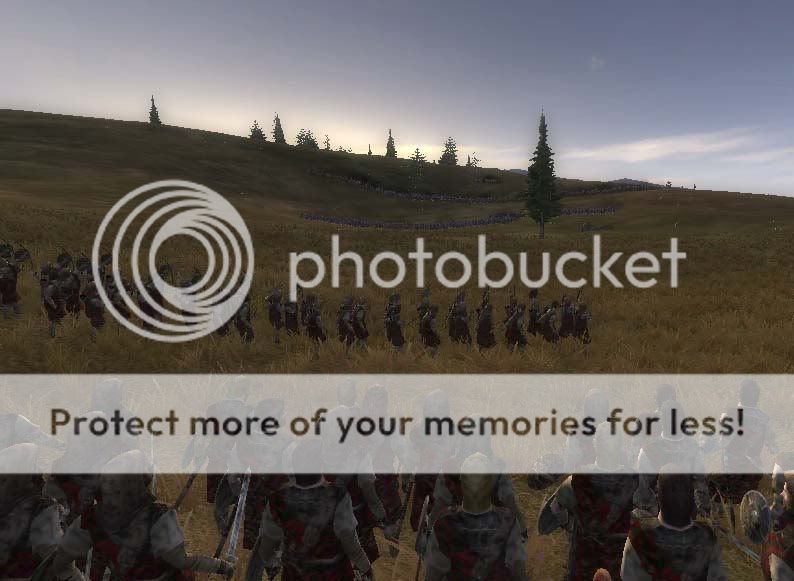
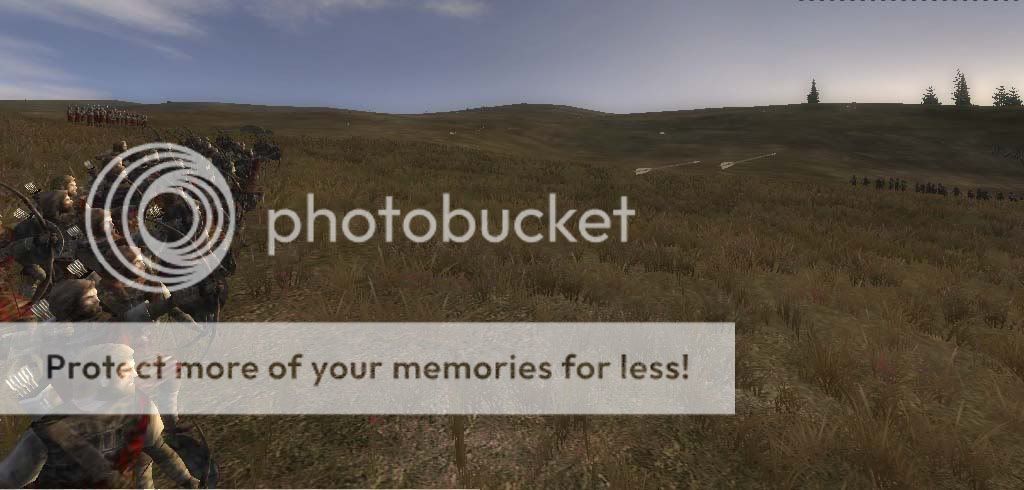
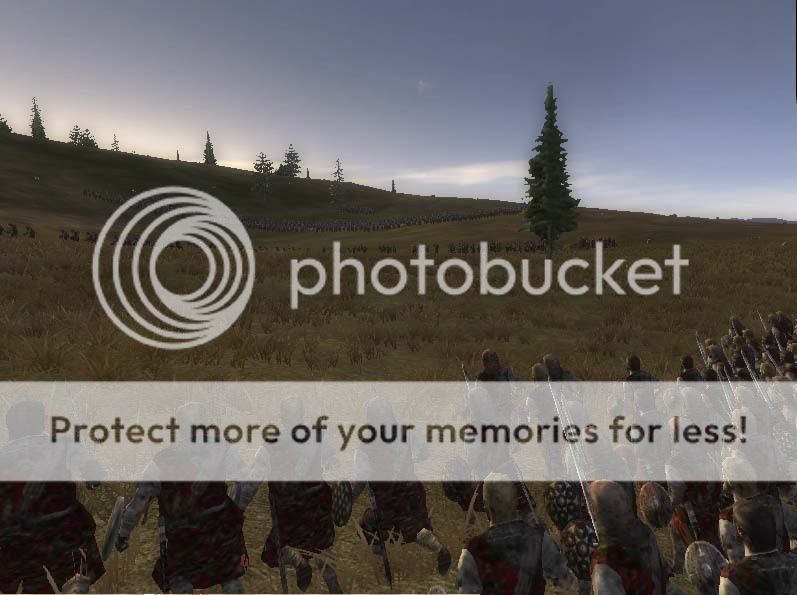
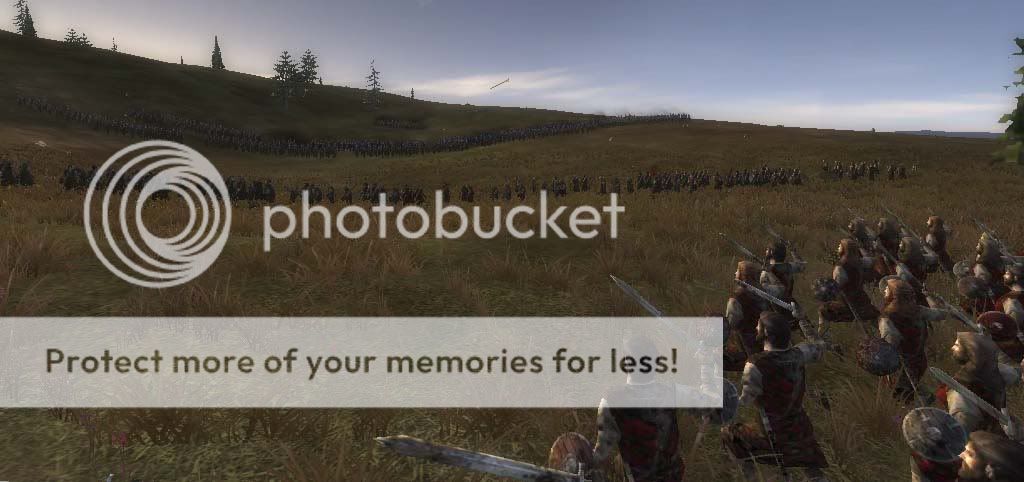
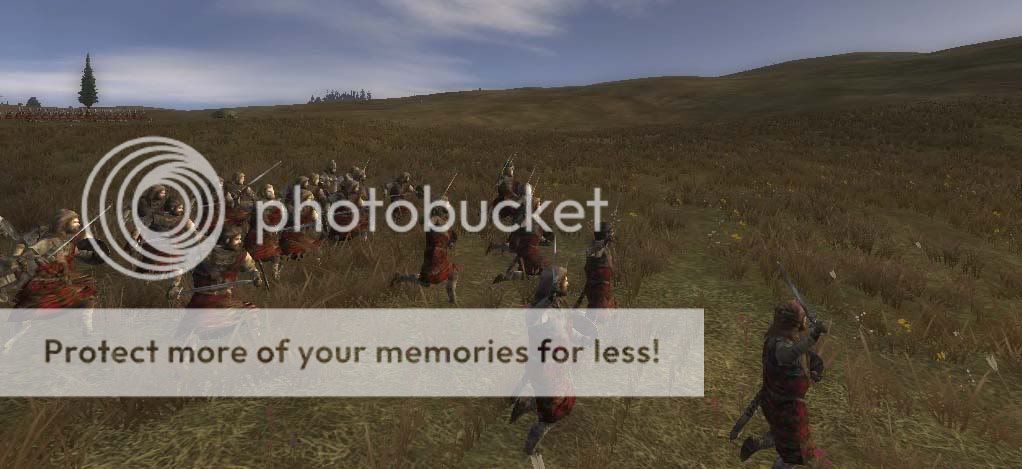
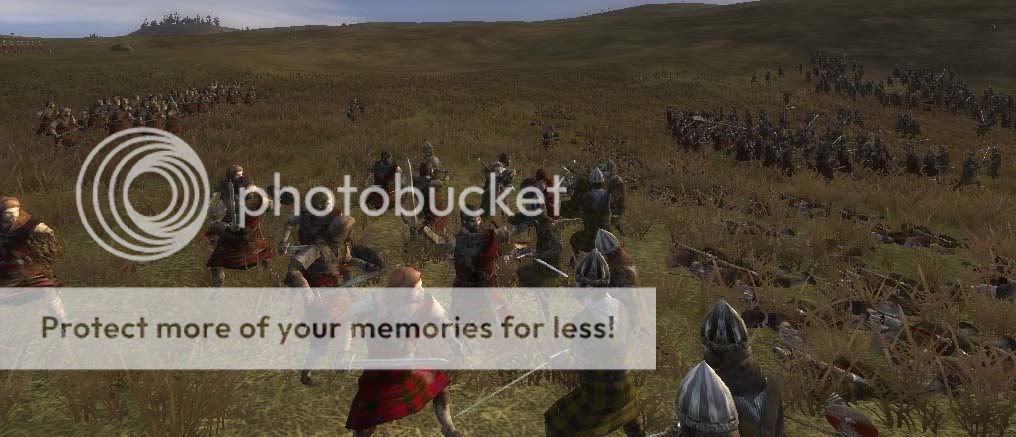
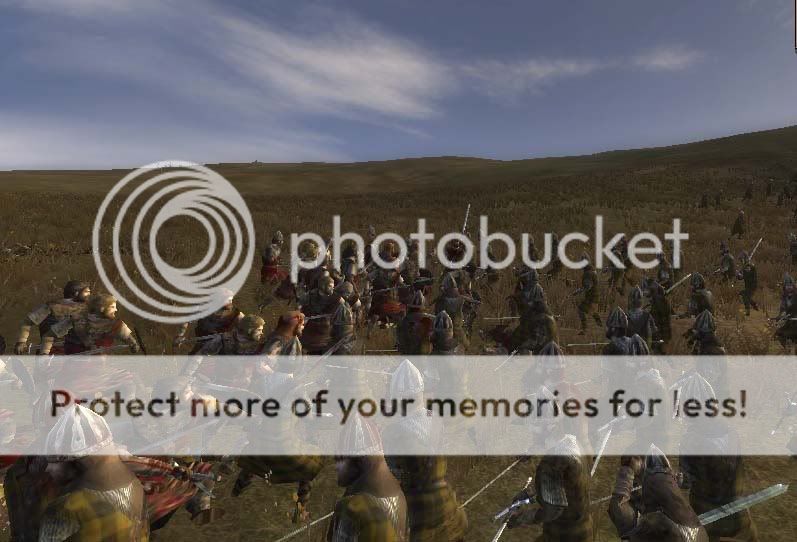
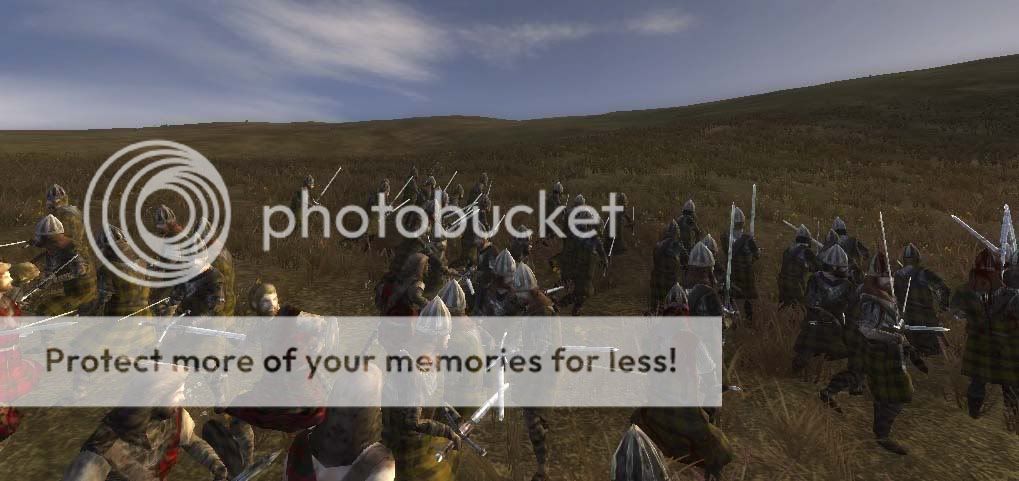
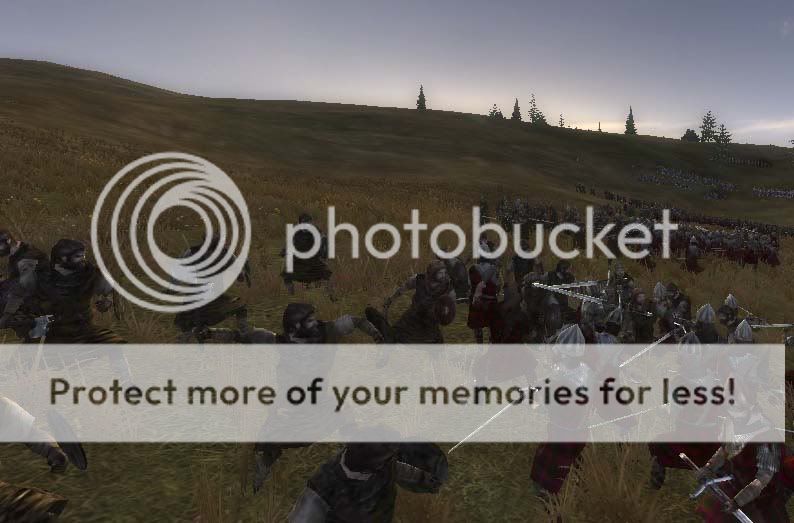
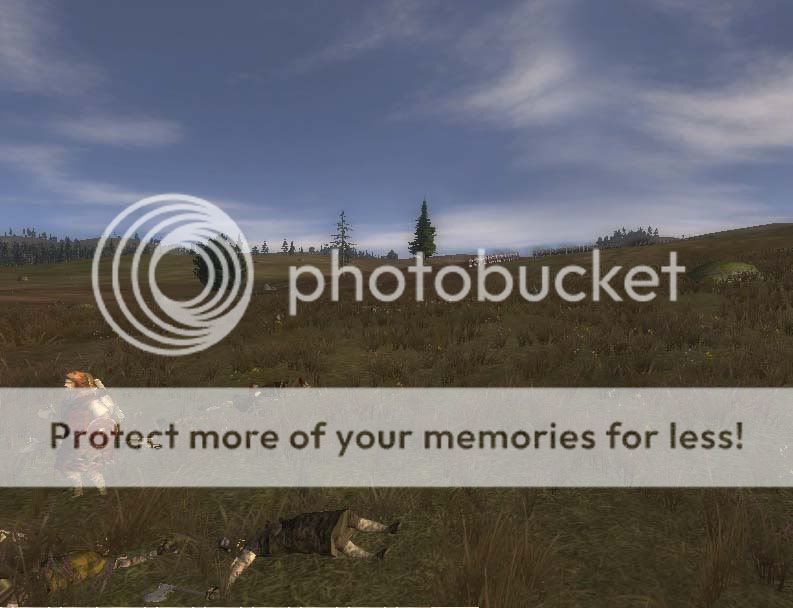
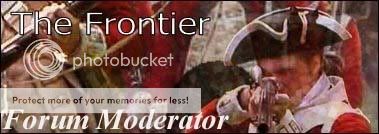



 Reply With Quote
Reply With Quote .
.
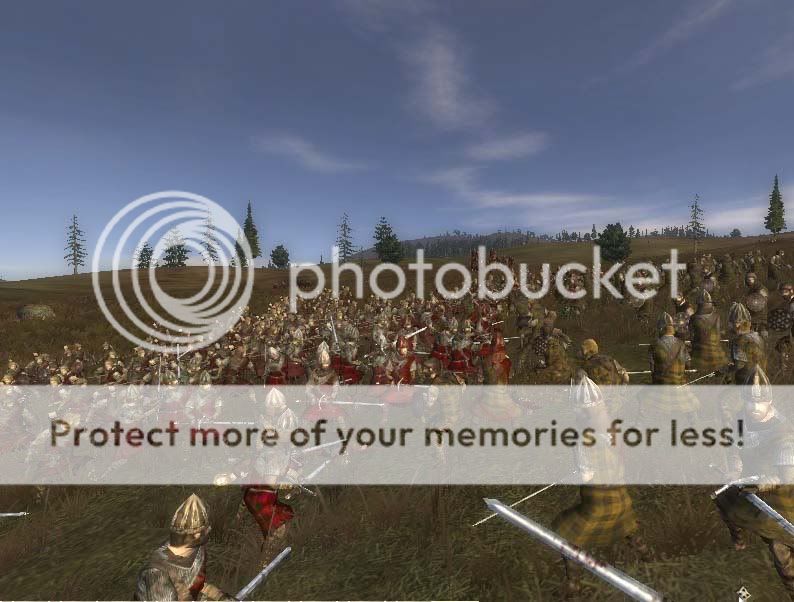
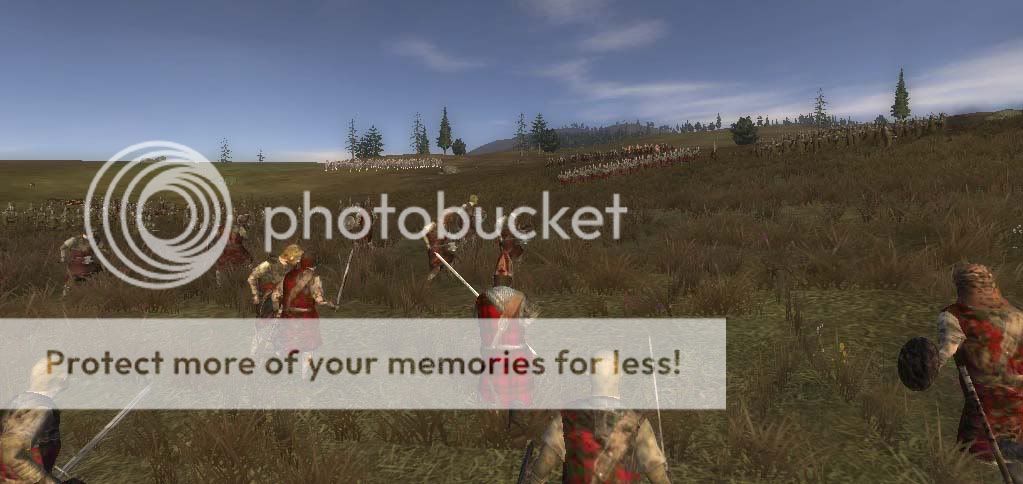
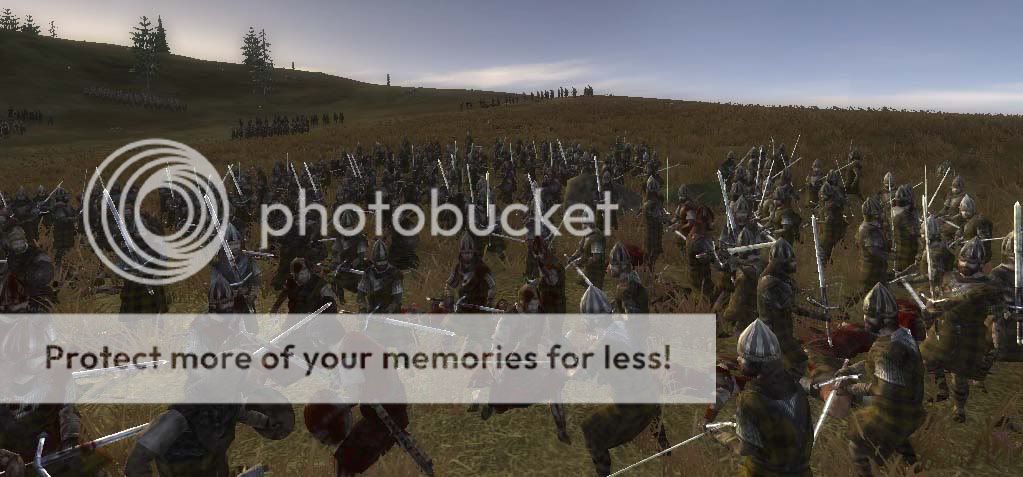
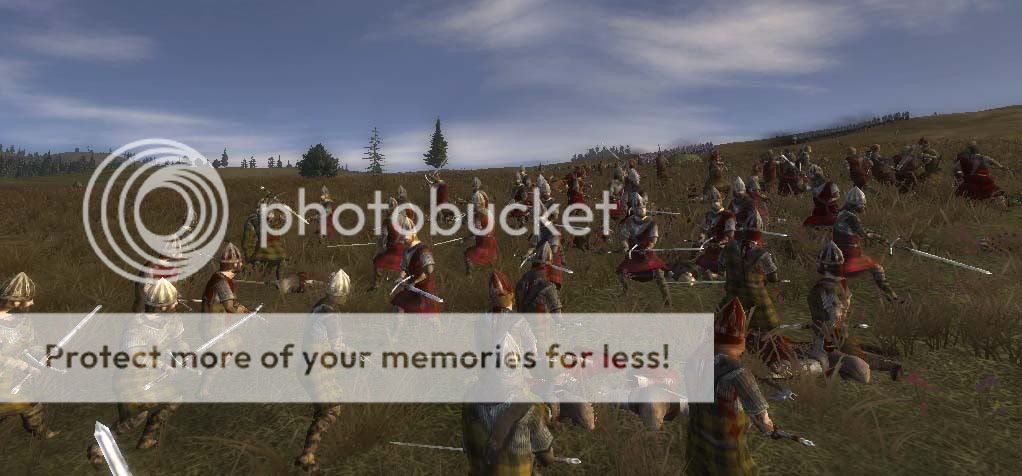
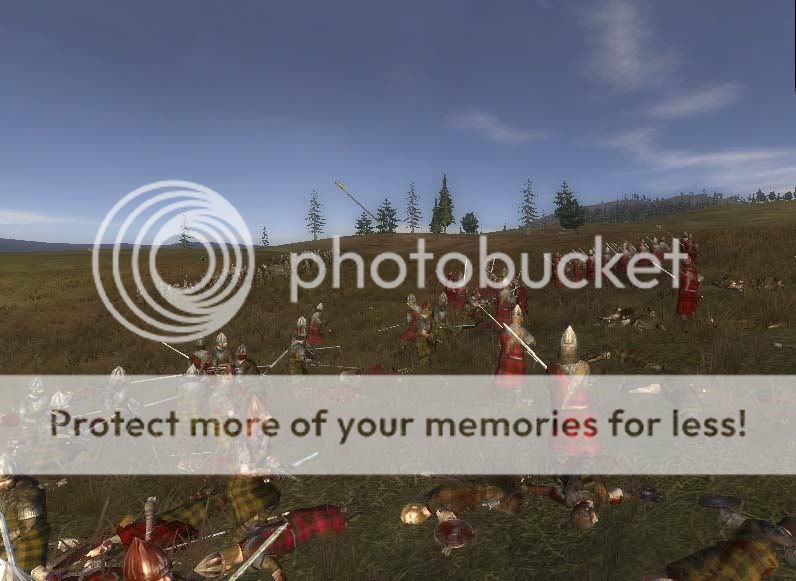















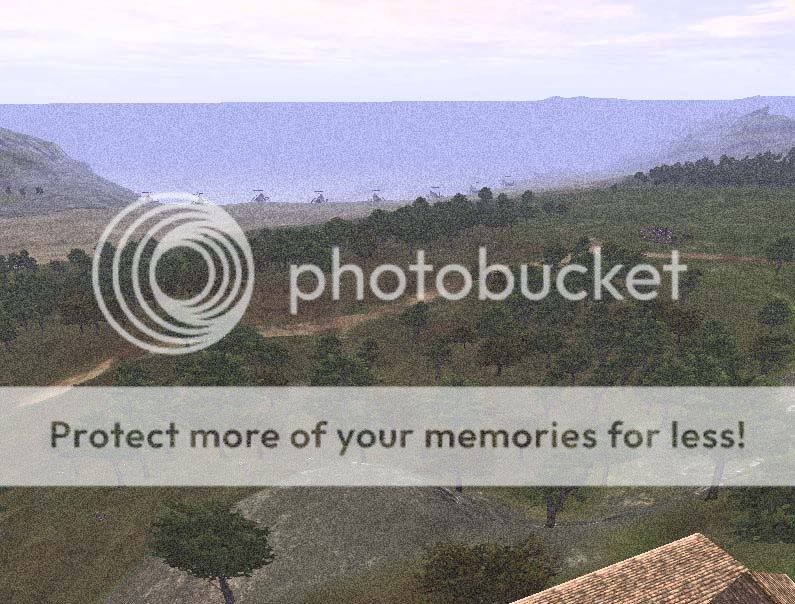

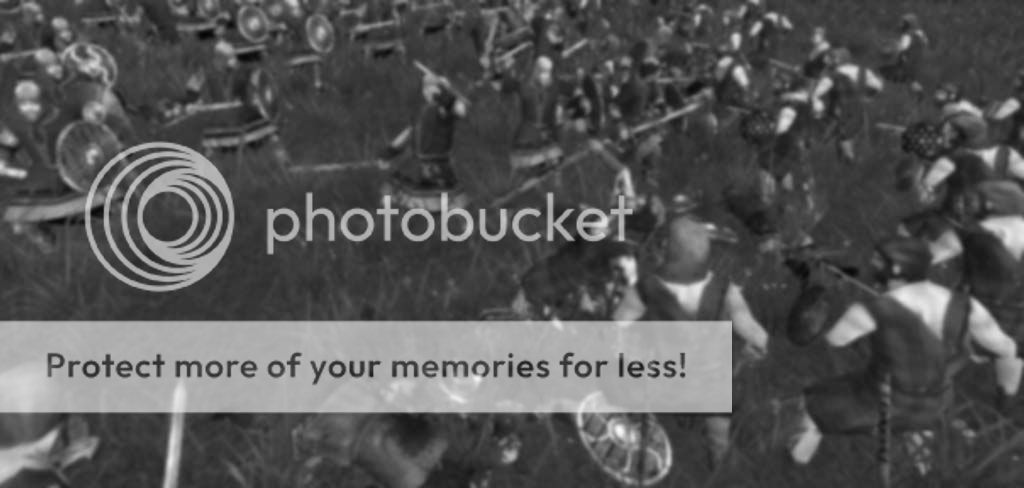
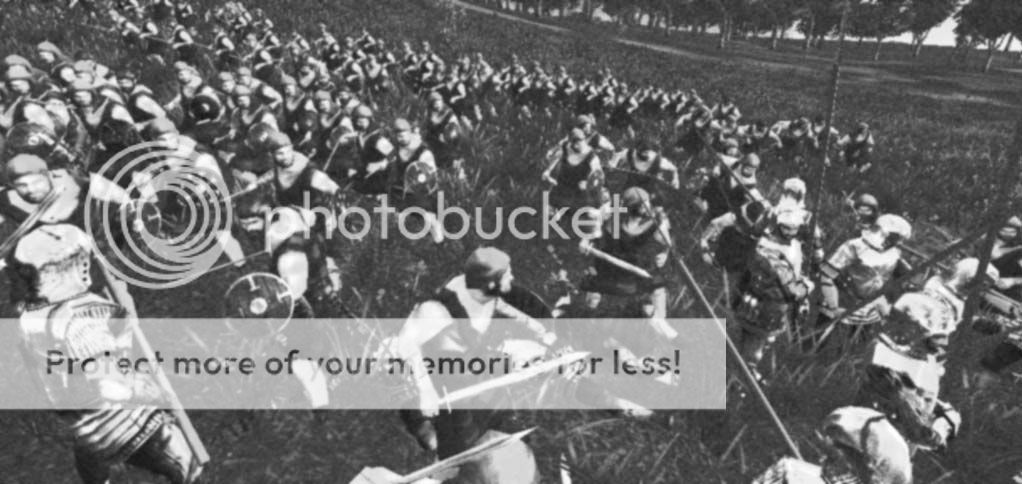
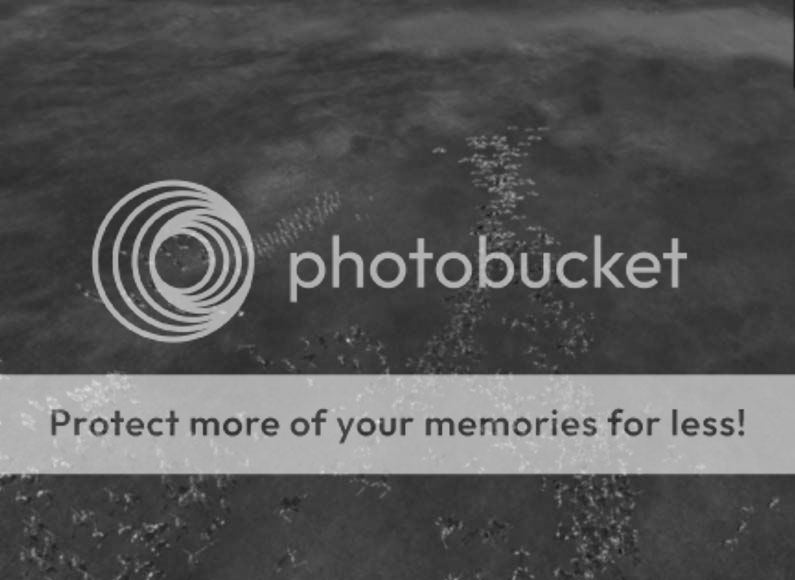

Bookmarks